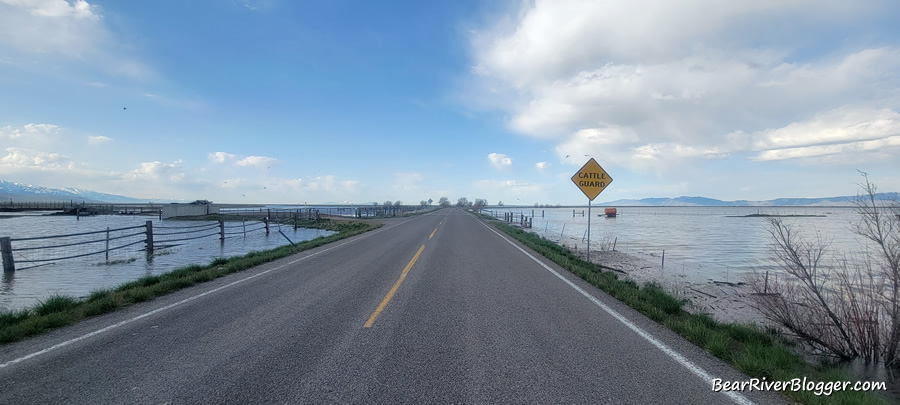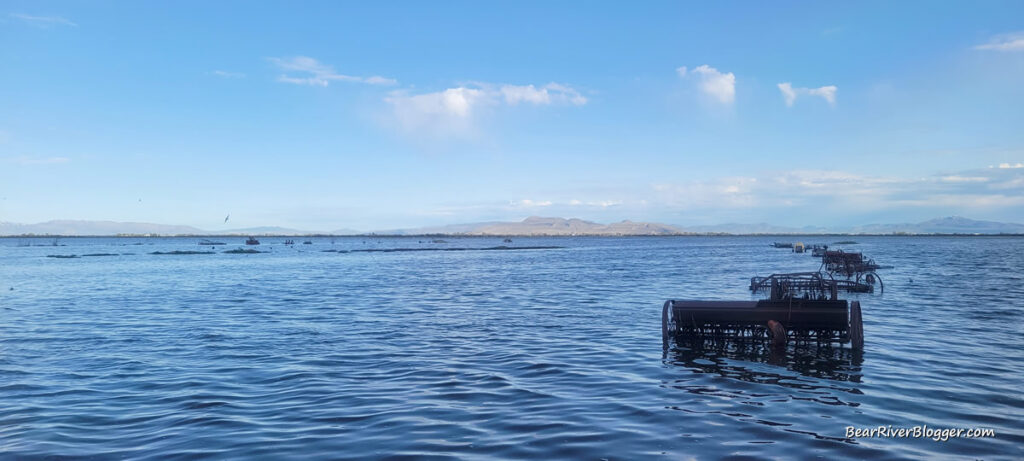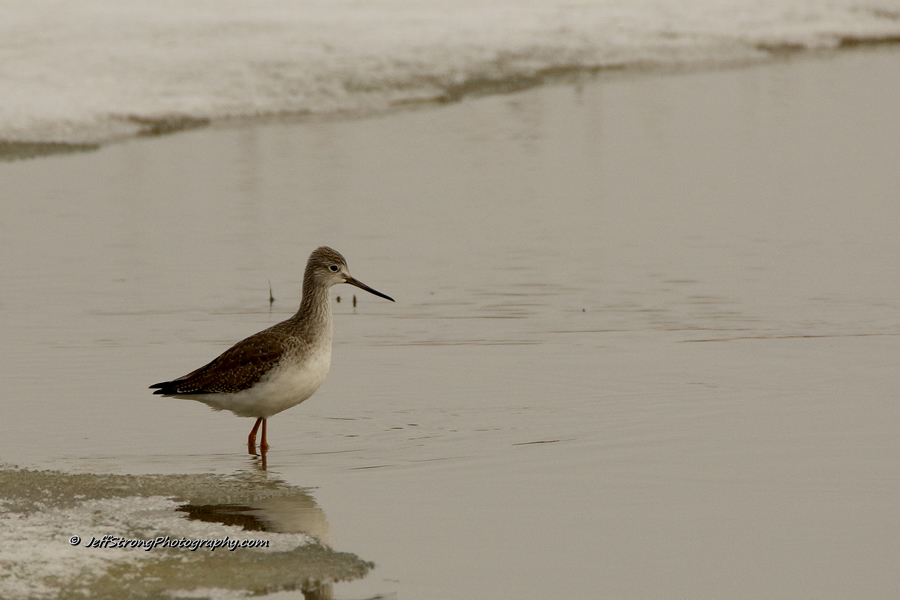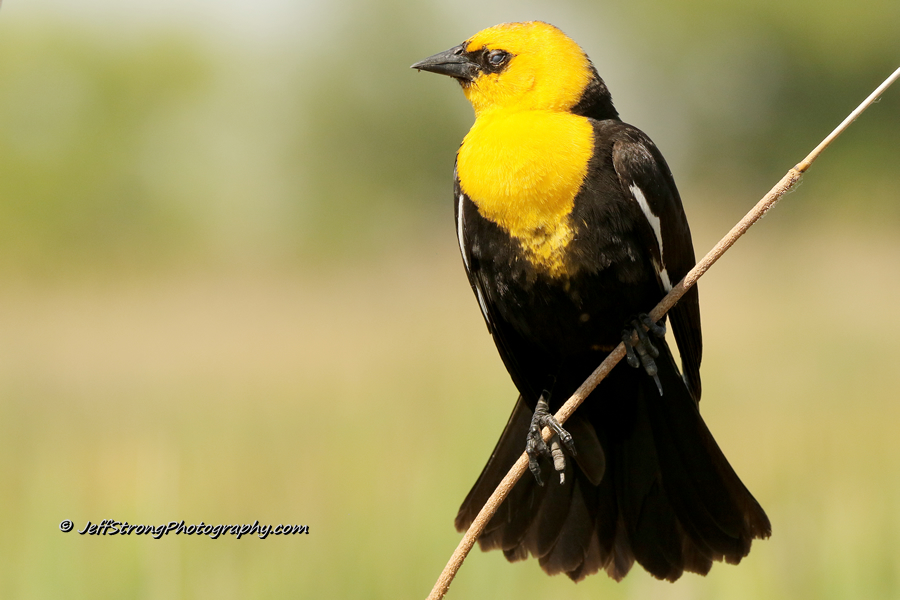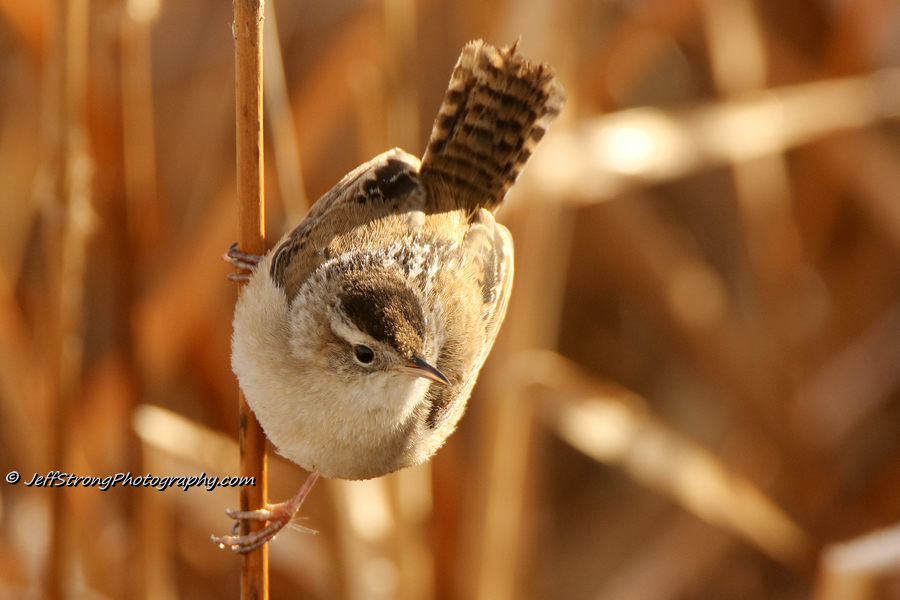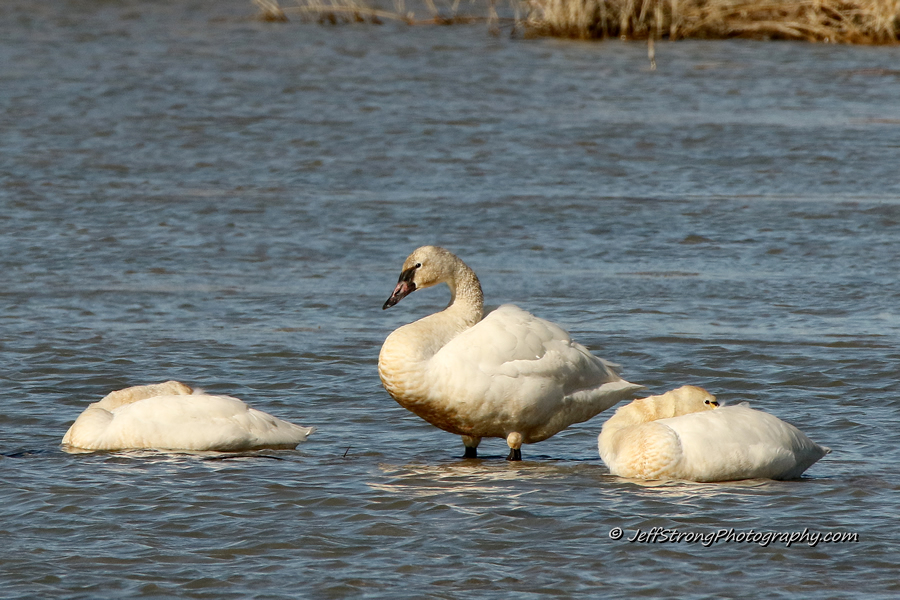It goes without saying Utah has just been through one of the wettest winters on record and its effects could quite possibly be felt for weeks, maybe even months to come by birders hoping to get out and do some birdwatching this spring on the Bear River Migratory Bird Refuge.
With a record-level snowpack just starting to make its way down the mountainsides, spring runoff is becoming a big concern all around the state of Utah, including up here in Box Elder County where the Bear River has started to flood in certain areas along the waterway.
One area of Box Elder County that is starting to receive more water than the banks of the Bear River can handle is the famed Bear River Migratory Bird Refuge, the 77,000-acre wildlife preserve that sits just west of Brigham City and attracts hundreds of species of birds and many thousands of birdwatchers each year.
Yesterday, I headed out to the bird refuge to not only do a little birding but also to get a firsthand look at what impact the overflowing river is doing on the refuge and potentially how it might affect anyone looking to visit the refuge in the near future.
It’s safe to say the Bear River is in flood stage now as various farms and fields along the river in the nearby town of Corinne are inundated with too much water for the river to handle.
In fact, just this morning I read a post from the Bear River Migratory Bird Refuge that mentioned there are about 9,000 cubic feet per second (cfs) of water currently flowing down the Bear River in Box Elder County whereas, during last year’s drought at this time, there were only 109 cfs flowing down the river.
And just a couple miles west of Brigham City, the Bear River Migratory Bird Refuge itself is also starting to see the effects of an extremely high river that only seems to keep rising with each passing day.
(Flooding On The Bear River Migratory Bird Refuge. For short nature clips like this one and interesting stories about the natural world around us, check out our Bear River Blogger channel on YouTube for videos and updates from our travels while out in nature.)
Fields and pastures along Forest Street used for grazing that rarely see any moisture other than a sparse summer rain are now covered by several feet of river water, forcing cattle ranchers to move their herds to safer pastures for the time being.
Flood waters are not only lapping up right along the edge of Forest Street, the asphalt road leading to the Bear River Migratory Bird Refuge auto tour route, but in one of the three flood management areas designed for such situations, water is actually flowing over the roadway, and covering large swaths of land that otherwise sees almost no water except during rare flood situations such as this.
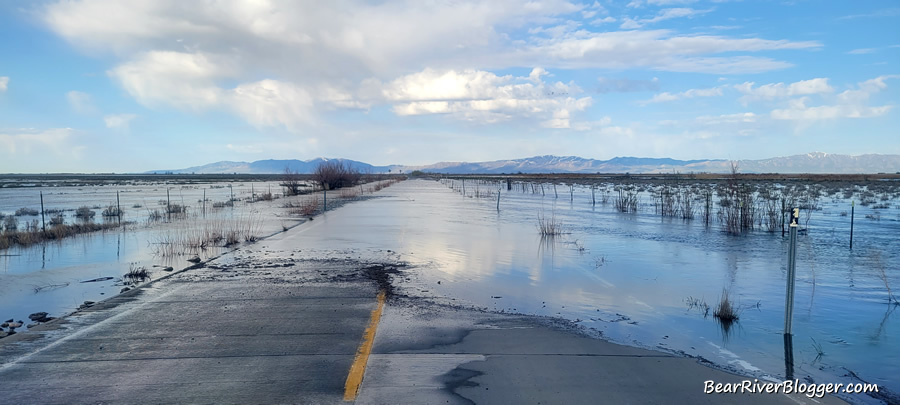
I was out there yesterday and Forest Street was still open to the public but I wonder for how long as years ago a similar flood happened and Box Elder County eventually closed the roadway down to public access for safety concerns due to the very high water level, very similar to what the conditions are now in fact.
And with what is reported today as being 242% of normal snowpack still waiting to come down the Bear River drainage, there is a lot of water that needs to work its way down from the mountains and eventually through the Bear River Migratory Bird Refuge and out to the Great Salt Lake.
If Box Elder County does make the decision to close Forest Street, that means birdwatching, fishing, and all other public recreation activities on the lower section of the Bear River Migratory Bird Refuge and popular auto tour route would be closed off until the flood waters recede.
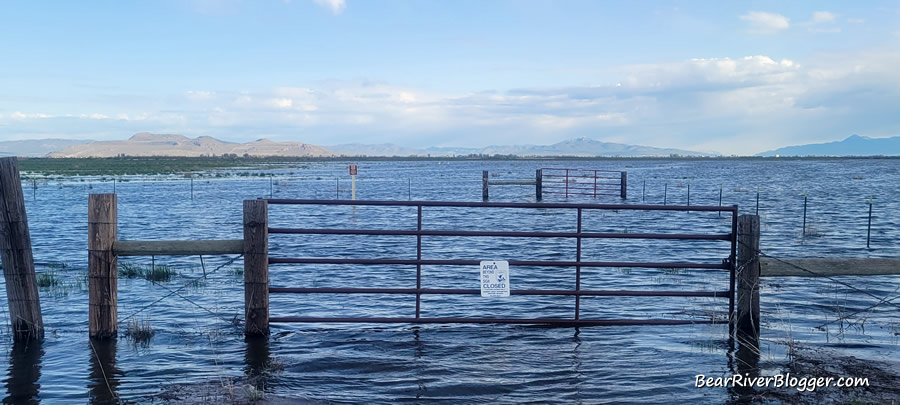
I tried reaching out to Box Elder County Emergency Management this morning but was unable to connect with anyone via phone to ask about any potential plans to close Forest Street or not due to the current flooding.
May is one of the best times to visit the Bear River Migratory Bird Refuge for birdwatching but with the Bear River flooding parts of the refuge and water now flowing over a section of Forest Street, I don’t know if birding on the auto tour route will continue to be available or not this spring.
My suggestion for anyone interested in heading to the Bear River Migratory Bird Refuge is to contact the bird refuge or Box Elder County Emergency Management before heading to the refuge to see if Forest Street is still open and accessible to the public.
A few years ago with a similar flood, I remember the county closed off Forest Street for several weeks or so due to safety concerns.
And if I had to guess, the same will probably happen this year as well since conditions are only getting worse.
Either way, if you’re heading out to the refuge this spring, call ahead and make sure the lower portion of the bird refuge is still accessible.
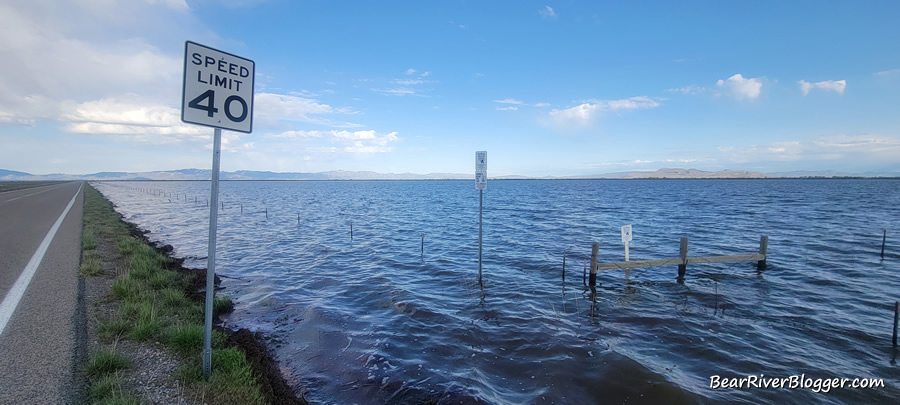
As far as the Bear River Migratory Bird Refuge itself, I was out there last week and there appear to be no ill effects on the refuge even with such high capacities of water pouring through the preserve and out to the Great Salt Lake.
Impoundments on the Bear River Migratory Bird Refuge auto tour route seem to be full and handling the water pretty well as the three separate refuge canals that cross Forest Street on this section of the Bear River are pulling as much water from the river as they can to help spread the water over the entire 77,000-acre preserve.
Birds were plentiful last week as I saw nesting pairs of American avocets and black-necked stilts right along the gravel roadway.
Pelicans, great egrets, snowy egrets, white-faced ibis, and black-crowned night herons were also in great abundance on my most recent trip around the self-guided auto tour route last week so I am hoping for the best, and that flood waters won’t rise any further and Forest Street won’t have to be shut down, causing a disruption in the spring birding season for many of us.
And I’m definitely included on that list for sure as it would be a great disappointment to not be able to enjoy spring birdwatching and photography on the refuge auto tour route this year.

Last year, Utah and the Bear River Migratory Bird Refuge had to deal with a most severe drought, one that helped cause the Great Salt Lake to shrink to a record low, and this spring flooding is the talk of the town so we just never know what extreme nature is going to throw at us next.
If you are an avid birdwatcher and lover of nature, I offer you to head on over to our subscribe page and sign up for email notifications for future blog posts.
We also appreciate your readership and support for our website and thank all who help keep it growing by sharing some of our blog posts on your favorite social media outlets.
